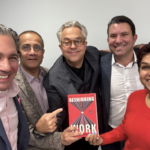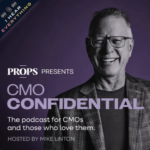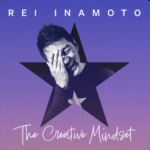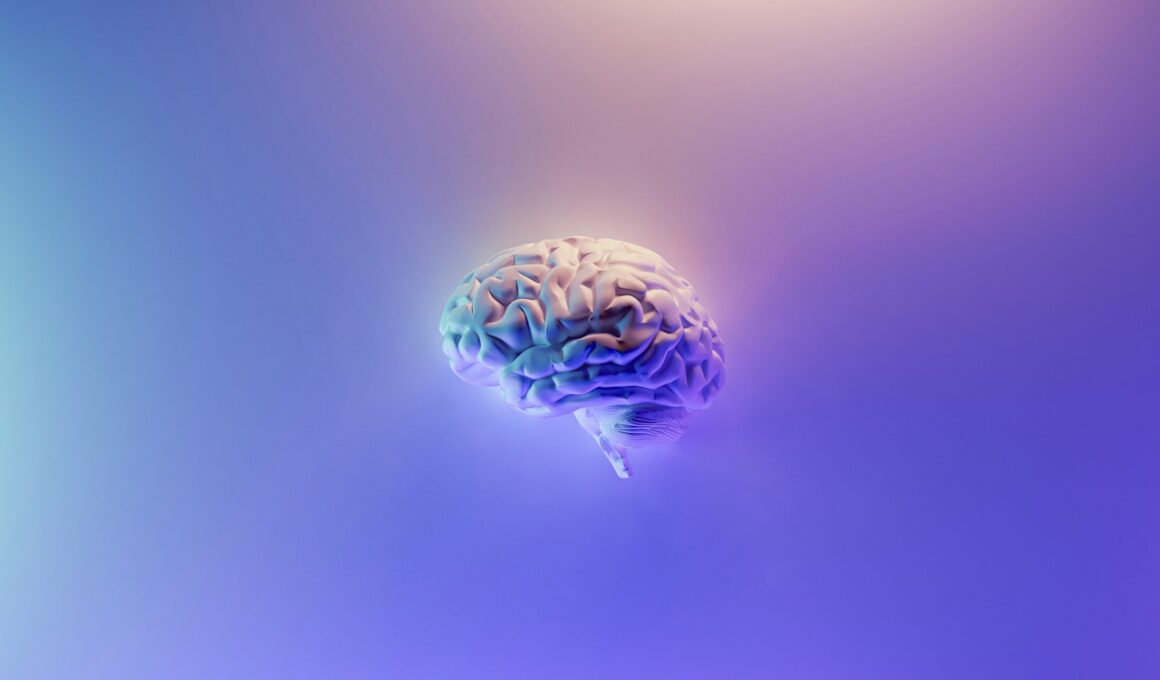Learning How To Learn
Earlier this week, I was invited to speak about the Future of the Internet to nearly 800 individuals.
This included topics like Web 3.0, Metaverses, Crypto, NFT, Wallets and more.
After the presentation, I heard from quite a few attendees who in addition to finding the hour enlightening and educational queried me on how I had “figured out” and “made clear and enabling” versus “confusing and intimidating” a complex topic.
They were asking how one learns to learn.My book “Restoring the Soul of Business: Staying Human in the Age of Data” includes a chapter called ‘Upgrade Your Mental Operating System” which ends with these key takeaways:
1. Regardless of how senior or established employees are, they all possess the capacity for growth and relevancy in changing times.
2. Organizations need to set aside time for people’s mental self-improvement. They can encourage employees to escape digital routines and engage in tasks and conversations that stretch their minds.
3. Today there are many amazing new ways of self-learning and improving of which every person can take advantage of.
The book was written before the tragedy and challenges of Covid-19 which we are still grappling with two years later. Today, in a world of unbundled and distributed work, the great resignation, the need for meaning, and a hunger for skill and personal growth to remain relevant in transforming times, these key takeaways are even more resonant.

Three things all of us can do to learn.
1.To learn we must be committed to learning and set aside time for it.
All of us should set aside an hour a day (or seven hours a week) to learn.
Understandably, when so many of us are stretched with responsibilities and job pressures and family challenges it may sound unrealistic to set aside an hour to learn.
The reality is that we do not have a choice since the world is changing so fast that a failure to upgrade our mental operating systems will sooner or later result in failure and setbacks that will cost us years because we did not find an hour a day! (Chill an hour less with Netflix, scroll a little less on the socials, watch summaries of sports games on YouTube versus watching the entire game).
We cannot outsource learning (yes people can help guide us), but we must exercise our own minds just as we cannot outsource physical exercise to someone else to keep our body healthy.
2. Build a case for the opposite of what you believe is true.
Nothing makes you think differently and truly see from a different perspective as building a case for the opposite of what you think or believe is true.
At minimum it helps you make your case better by seeing the opposite side and fixing the weak spots in your argument and sometimes you may see things differently and change your mind.
Today we really need to do this since a combination of who we spend time with, media we choose, and algorithm driven feeds that are optimized to re-enforce our convictions can lead us to lose grip with reality.
This is true for all of us but particularly for senior and powerful people who may be surrounded by sycophants or people worried about saying things that will displease the “boss”.
Sooner or later because of these filter bubbles, self-re-enforcing loops or carefully massaged and edited communications we make the mistake of believing that our flatulence smells like Chanel 5!
3.Do!
If you want to learn how to be a good writer, you cannot stop at reading great writers and books on writing. You must write and get feedback and then write again.
If you want to learn Web 3.0 reading Scott Galloway, A16Z or others are interesting and important but sooner or later you must plunge into Discord and Twitter communities, get a wallet, mint an NFT, put on an Oculus 2 or a HoloLens (if you can access one) and much more.
Only then will we realize so much of what people are promoting, boasting, fear mongering, moaning, or screaming about is utter BS and why Web 3.0 and Metaverse are not the same and one can do very well without the other! And the real sleeper here is how the wallet could change everything about identity, privacy and data ownership!
Only by doing can we learn enough to understand and lead.




